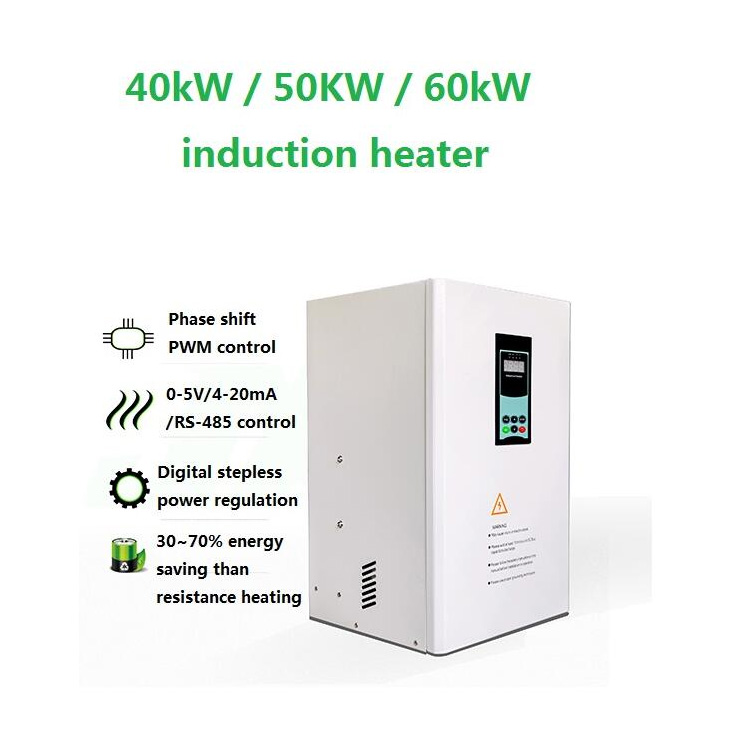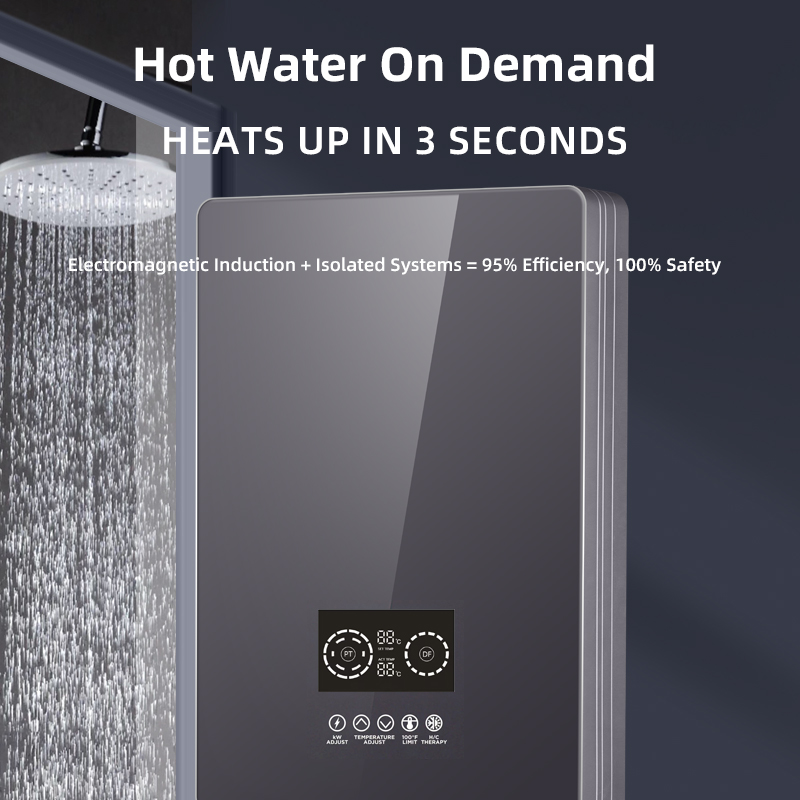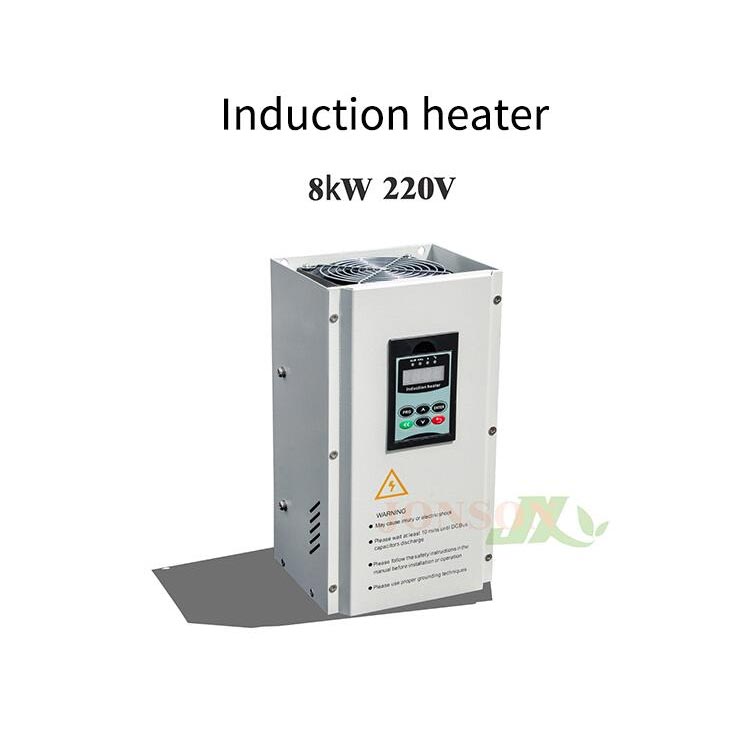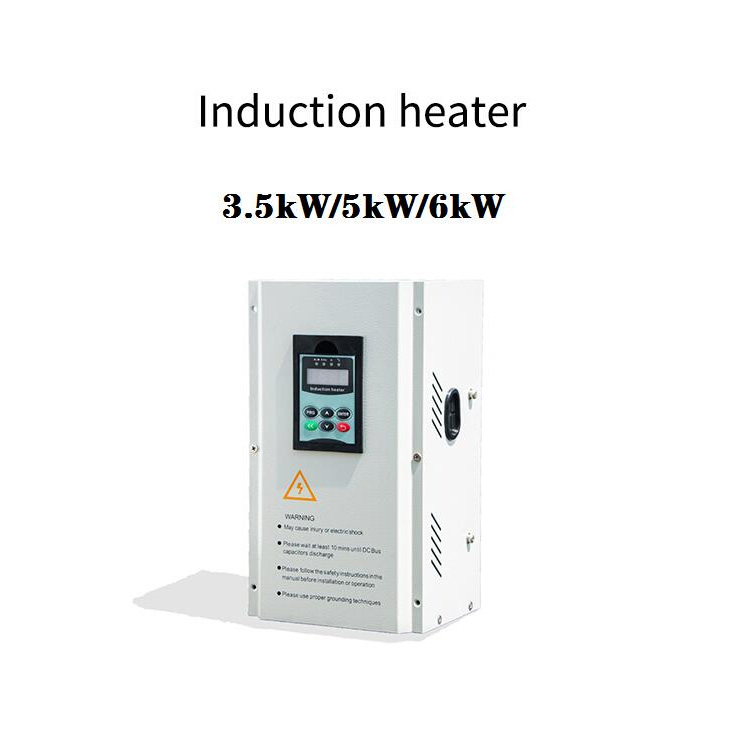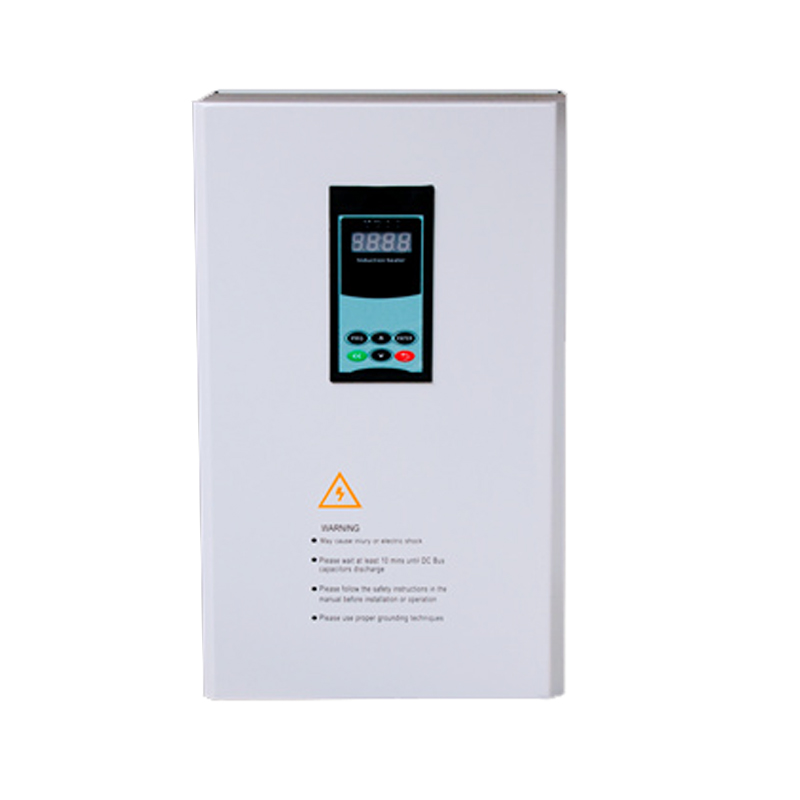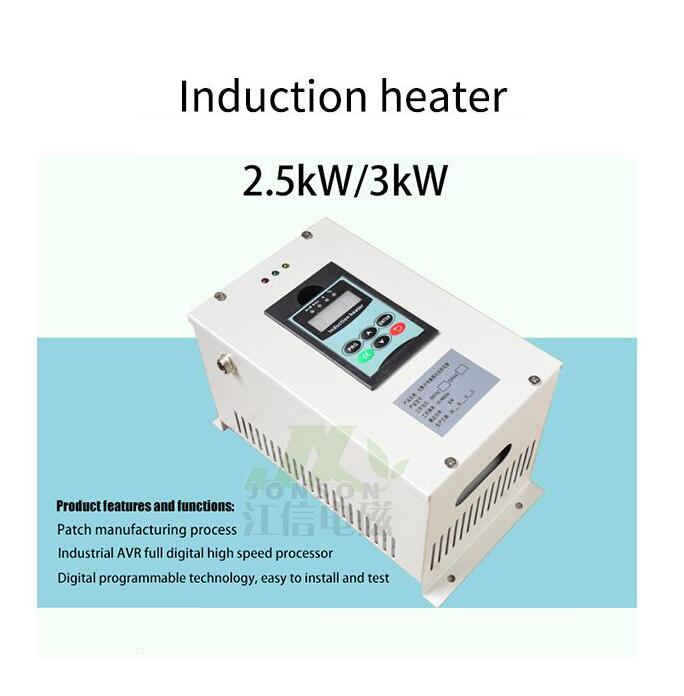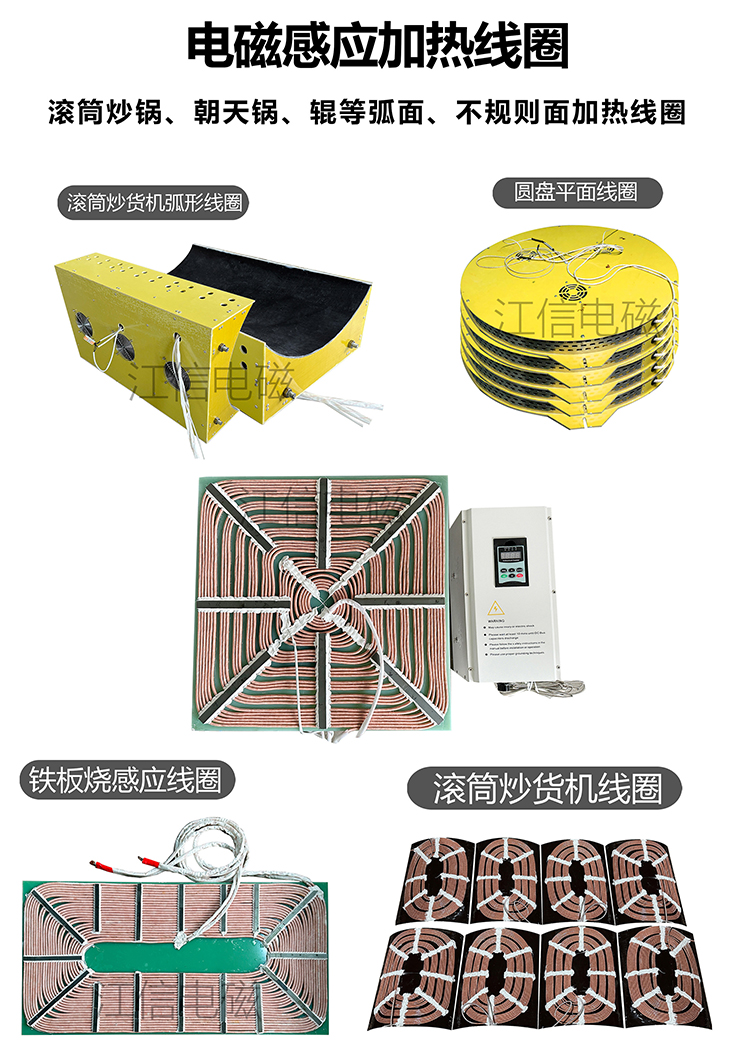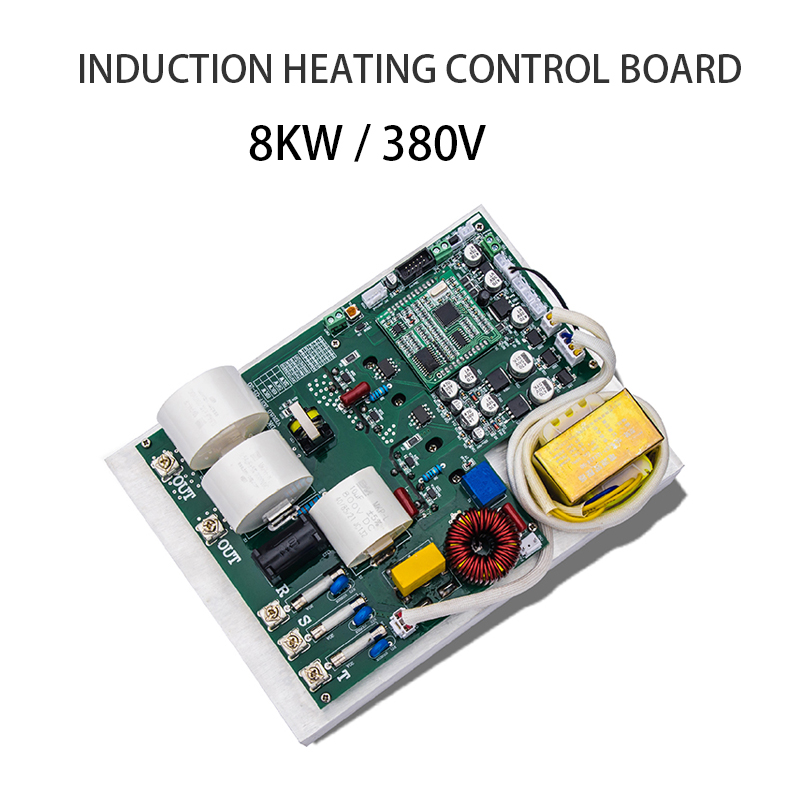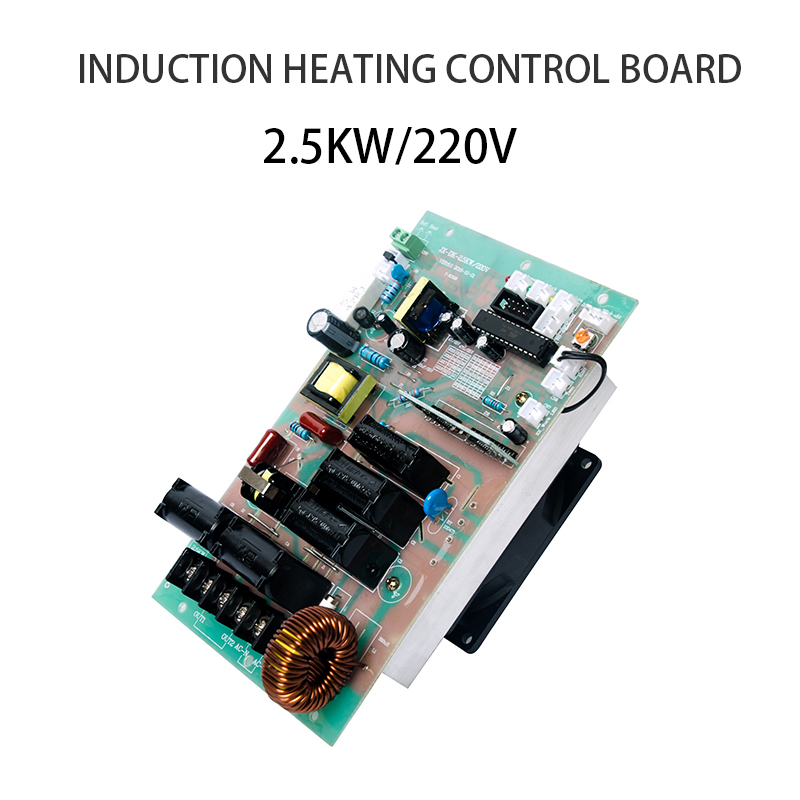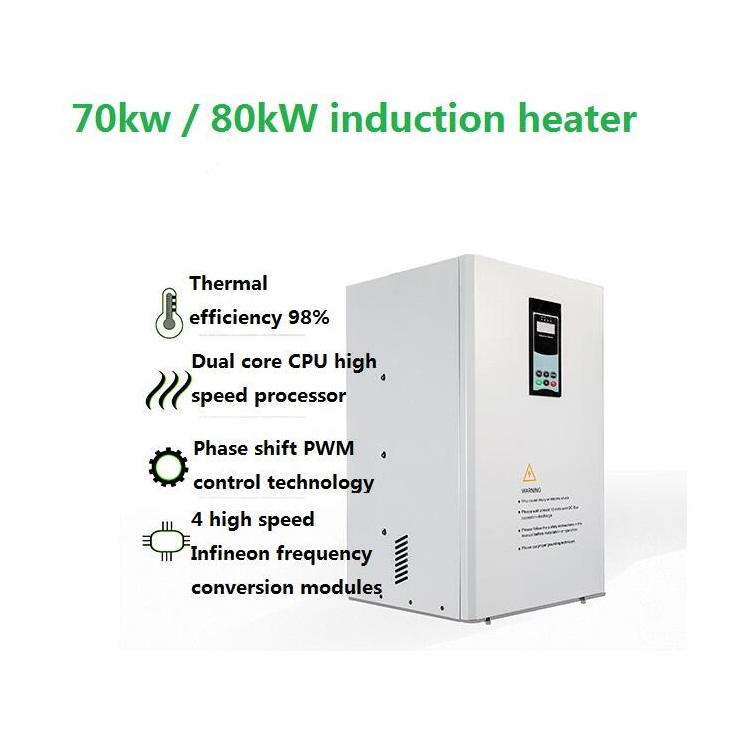An induction heater is a device that uses the principle of 91勛圖厙 induction to heat conductive materials. It works based on Faraday's Law of Electromagnetic Induction, which generates an induced current through a varying magnetic field, thus producing heat in the conductive material. The following is a detailed description of the working principle, advantages and applications of induction heaters:
Working principle:
1. Alternating magnetic field generation: The induction heater generates an alternating magnetic field through an energised coil or solenoid.
2. Induction current generation: when the conductive material into the alternating magnetic field, according to Faraday's law of 91勛圖厙 induction, the conductor will produce induced current.
3. Current Generation: These induced currents create resistance inside the conductive material, which is converted into thermal energy, heating the material.
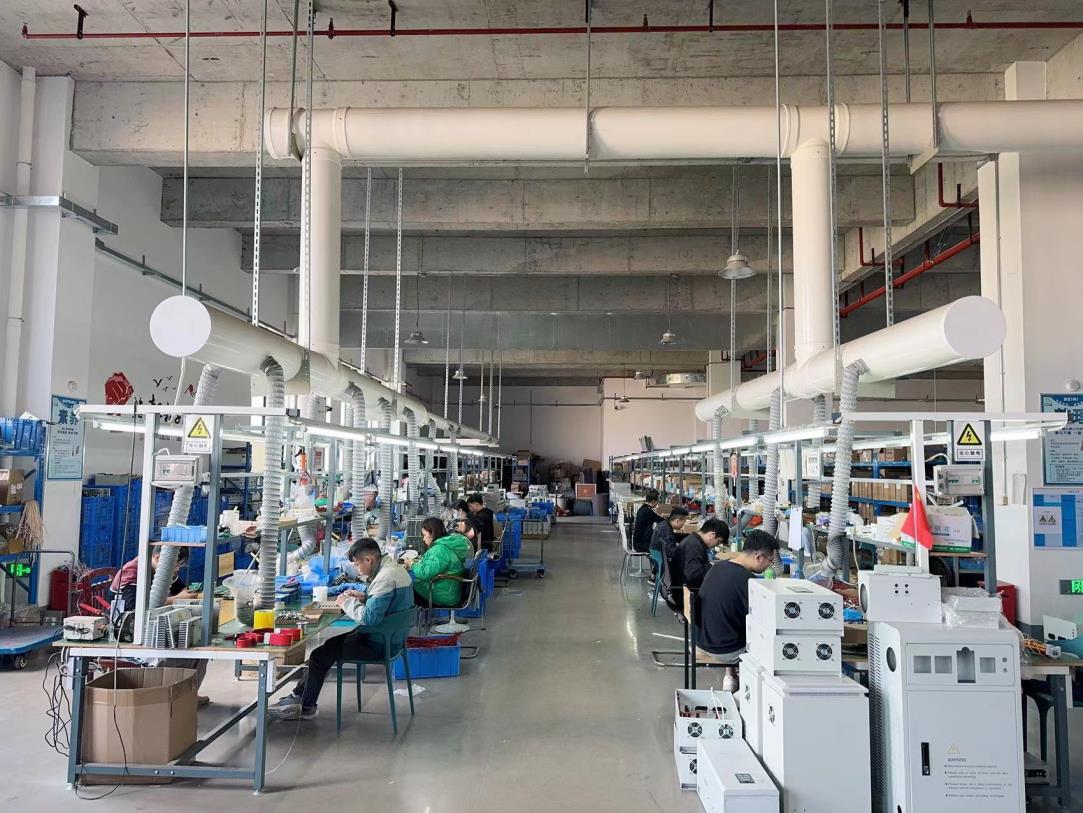
Advantage:
4. High Efficiency: Induction heaters can heat the material to the desired temperature in a short period of time as the energy is generated directly inside the material.
5. Precise control: The heating process can be precisely controlled by controlling the electric current, frequency and magnetic field to achieve precise temperature regulation.
6. Non-contact heating: Induction heating is a non-contact heating method that does not require direct contact with the heating element, which is conducive to avoiding contamination and material deformation.
7. Energy saving and environmental protection: Compared with the traditional heating method, induction heater has high energy utilisation, reduces energy waste, and is conducive to energy saving and emission reduction.
Scope of application:
8. Metal processing: including melting metal, heat treatment, welding and brazing.
9. Chemical industry: used to heat the reactor, evaporator and drying equipment.
10. Medical equipment: used for heat sealing, thermoforming and sterilisation, etc.
11. Food processing: for heat treatment, baking and sterilisation.
12. Electronic industry: for welding, hot pressing and semiconductor manufacturing.
Induction heaters have a wide range of applications to meet the heating needs of many different industries, especially for the need for high temperature, precise control and high efficiency of the heating scene.

